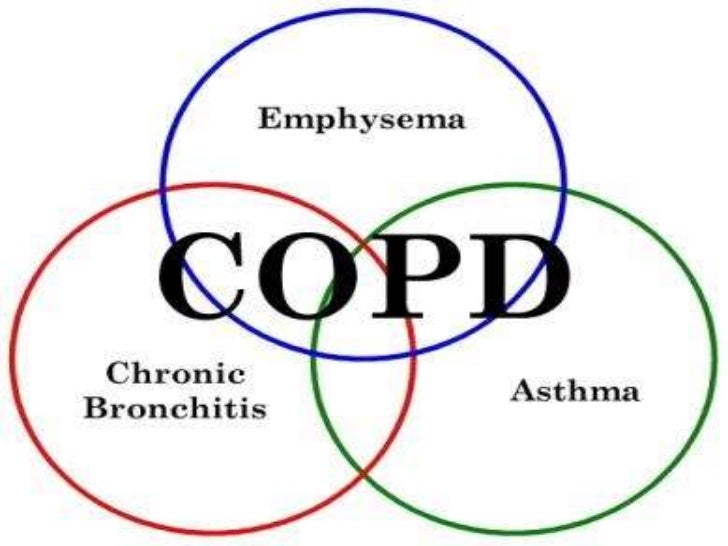
shortness of breath. What causes this? Hi. I'm Joe Williams. I'm a mesothelioma trial
attorney in New York City.
And I can tell you that almost every client who I've ever
represented who was diagnosed with mesothelioma complained of shortness of breath. And this
is generally caused by fluid on the chest. It's something that the doctors call a 'pleural
effusion.' Now we have a diagram here to help us discuss this a little better. And in this
diagram, what we see here -- this area here -- this is the human lung.
And this area outside
of this, these are ribs. It's a cross-section. So these are the ribs, the bony ribs. And
this section here -- you see it, it's in off white -- this is the area of the pleura.
And
the pleura are the saran wrap like wrapping on the outside of the lung. And almost adhering
to the lung itself is the visceral pleura and almost adherent to the inside of the ribcage
is the parietal pleura. And what happens as we breathe -- breathing is an involuntary
process. So our diaphragm is a muscle in our abdomen, which involuntarily on its own (we
don't have to work to do it) it just causes our lungs to push up and down, it causes us
to breathe.
And when that happens our lungs move within our ribcage. And if it wasn't
for the pleura our lungs would scrape against the inside of the ribcage. But what happens
is there's a little bit of fluid between the parietal pleura (which again is on the inside
of the ribs) and the visceral pleura (which is adherent to the outside of the lungs) and
that fluid between the two pleural surfaces allows our lungs to move easily with no pain,
no discomfort inside our bony ribcage. But when someone gets a cancerous tumor - as is
represented in this photograph, this is the mesothelioma tumor -- when someone develops
this tumor it's kind of like when you bang your knee.
What happens to your knee? It swells.
Our body has an inflammatory response. It's the same way with mesothelioma. In this pleural
space between the parietal (against the ribs) and the visceral pleura (against the lungs),
in that space between those two pleural surfaces instead of just a little bit of fluid to allow
the lungs to move now there's a lot of fluid. And then a lot more fluid.
And what happens
when fluid develops in this space? Well, the bony ribs can't be moved, the fluid can't
push them out of the way. So what does it do? It pushes into the spongy lung tissue
and contracts this spongy lung tissue and causes shortness of breath. The victim (the
patient) feels like they can't get a full breath because their lungs can't expand and
that's from a pleural effusion. Now what do doctors do in order to deal with a pleural
effusion? Well it's very simple.
The doctors do something called a "thoracentesis." That's
a complicated medical word that just means that they put a needle in -- usually in the
side -- and they drain the fluid out. Some clients of mine over the years have had up
to 2 large soda bottles of fluid drained from this pleural space. And the great thing about
this process is the patient feels so much better afterwards because now they can breathe
better because now that fluid is out of there. And during this procedure, sometimes the doctors
will do something called "a talc pleurodesis." It's a complicated word but all it means is
they take talc and during this surgical procedure they insert the talc between the two layers
of pleura, between the visceral pleura and the parietal pleura.
They insert some talc
in there. Why do they do that? Because it causes scarring, which in this circumstance
is a good thing because it causes the two pleural surfaces to scar together and no more
fluid will be generated. So it relieves the potential for getting more buildup of fluid
in that area. So these are some of the things that are done to deal with fluid buildup as
it relates to mesothelioma in the chest.
I'm sure you have many more questions about mesothelioma
and all the medical interventions that can be done to help relieve some of the serious
symptoms that victims of mesothelioma have. I'm Joe Williams and in my office we deal
with these cases every day. We represent victims of mesothelioma each and every day. Look at
the number below and I encourage you to give us a call and we'll answer your questions
about your mesothelioma diagnosis.
Thank you..
No comments:
Post a Comment